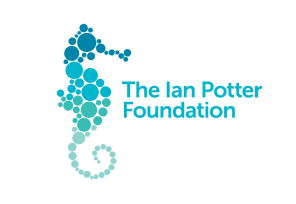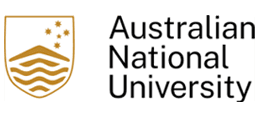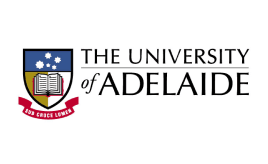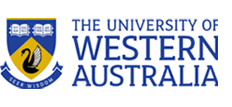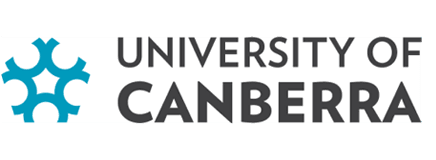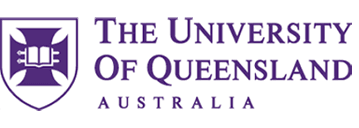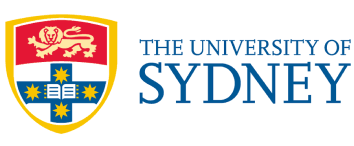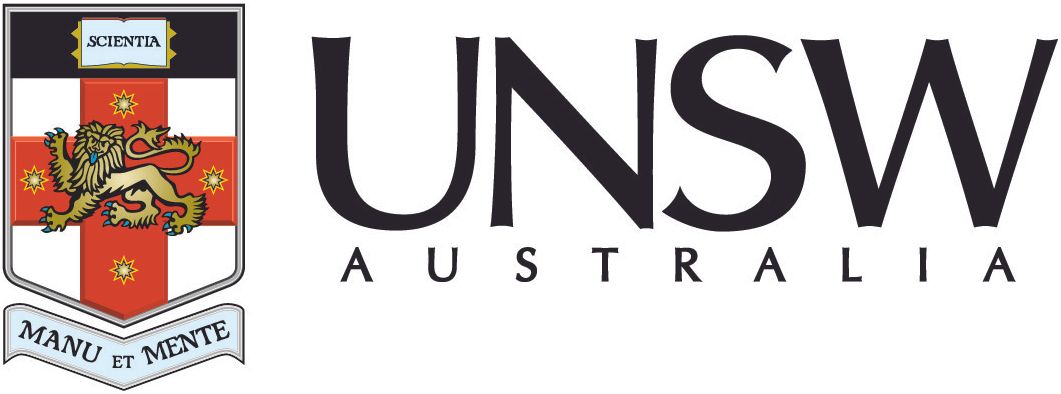Biodiversity Council welcomes Queensland ban on new oil and gas drilling in the Lake Eyre Basin floodplains
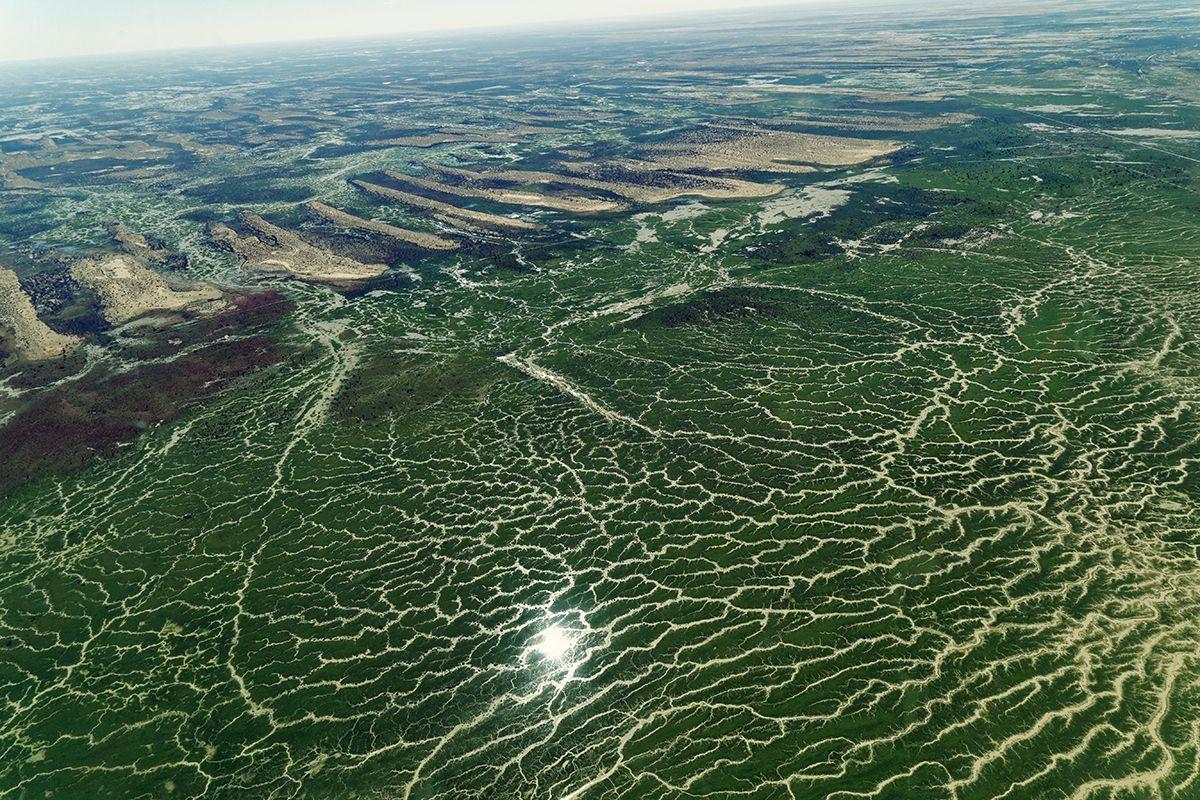
Aerial view of Kati Thandi (Lake Eyre). Image: Mister T42, CC BY-SA 4.0 via Wikimedia Commons
Media Release
22 December 2023
The Biodiversity Council has commended Queensland Premier Steven Miles’s announcement today of a ban on new oil and gas developments in the Kati Thanda-Lake Eyre basin’s rivers and floodplains.
Oil and gas production development is the biggest risk to these ecosystems and could cause catastrophic and irreversible fragmentation of the rivers and their floodplains as well as pollution of the water and environment. It also contributes to greenhouse gas emissions.
Oil and gas exploration and production leases already cover nearly 5 million hectares of the Lake Eyre Basin.
This ban on further development shows that the Queensland Government recognise their responsibility to protect these rivers and floodplains that are nationally and internationally significant. It also recognises the importance of these rivers to First Nations and rural communities as well as everyone in Australia.
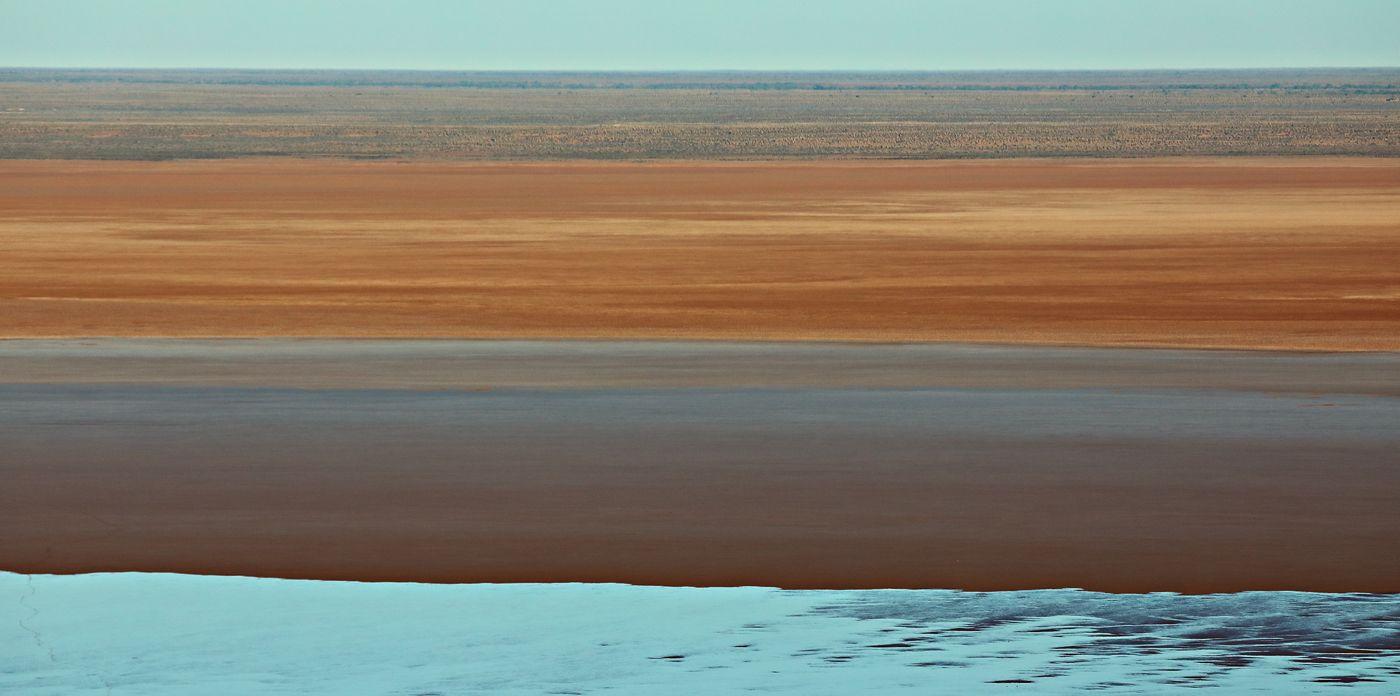
The Kati Thanda-Lake Eyre Basin spans 1.2 million square kilometres and is one of the world's largest internally draining river systems. Image: Patrick Kavanagh, CC BY 2.0 via Flickr
The Biodiversity Council was among many organisations that called for the ban in August, based on the potential for serious environmental harm to fragile wetland and river ecosystems and agricultural lands and water supply.
The Biodiversity Council’s Co-Chief Councillor Professor Hugh Possingham from The University of Queensland is the former Queensland Government Chief Scientists.
“There are very few huge unregulated river systems in the world - this is one of those systems.
“The ecosystem is unique - expanding oils and gas or allowing fracking would have altered the flow of water above and below ground and risked major contamination of the water and landscape.
“During wet years the Lake Eyre basin supports an explosion in hundreds of native species including waterbirds, fish, frogs, invertebrates and plants, some of which occur nowhere else on earth.
“This decision by the Miles government, and further protection from water extraction, will ensure their future,” Professor Possingham said.
Biodiversity Council member Professor Richard Kingsford from the University of New South Wales has extensively studied the basin, including publishing the first extensive analysis of the distribution of oil and gas wells and their infrastructure. The study identified the significant current and future impacts of oil and gas exploration and development. Professor Kingsford was very pleased with the announcement:
“The Lake Eyre Basin is globally unique and has some of the world's most magnificent floodplains and lakes, driven by boom-and-bust cycles of the rivers.
“We know that prevention is better than cure for these great river systems; we do not want to repeat the mistakes of over regulating the great rivers of the Lake Eyre Basin, like we have those of the Murray-Darling Basin”
“Irreversible pollution of these landscapes is a significant threat. These landscapes are really flat, so even the supply roads, well pads and borrow pits associated with wells also have major impacts by changing the way water flows during floods.
“This is why Queensland water policy and floodplain management is so important.
“This is not just a win for the environment but also those communities who have depended on this river for Millennia, our First Nations communities and also the floodplain graziers and the tourists that flock to the Lake Eyre Basin Rivers when they are in flood.”
The independent expert group was founded by 11 universities and brings together Australia’s leading experts on nature, from science and Indigenous Knowledge to law and economics.



